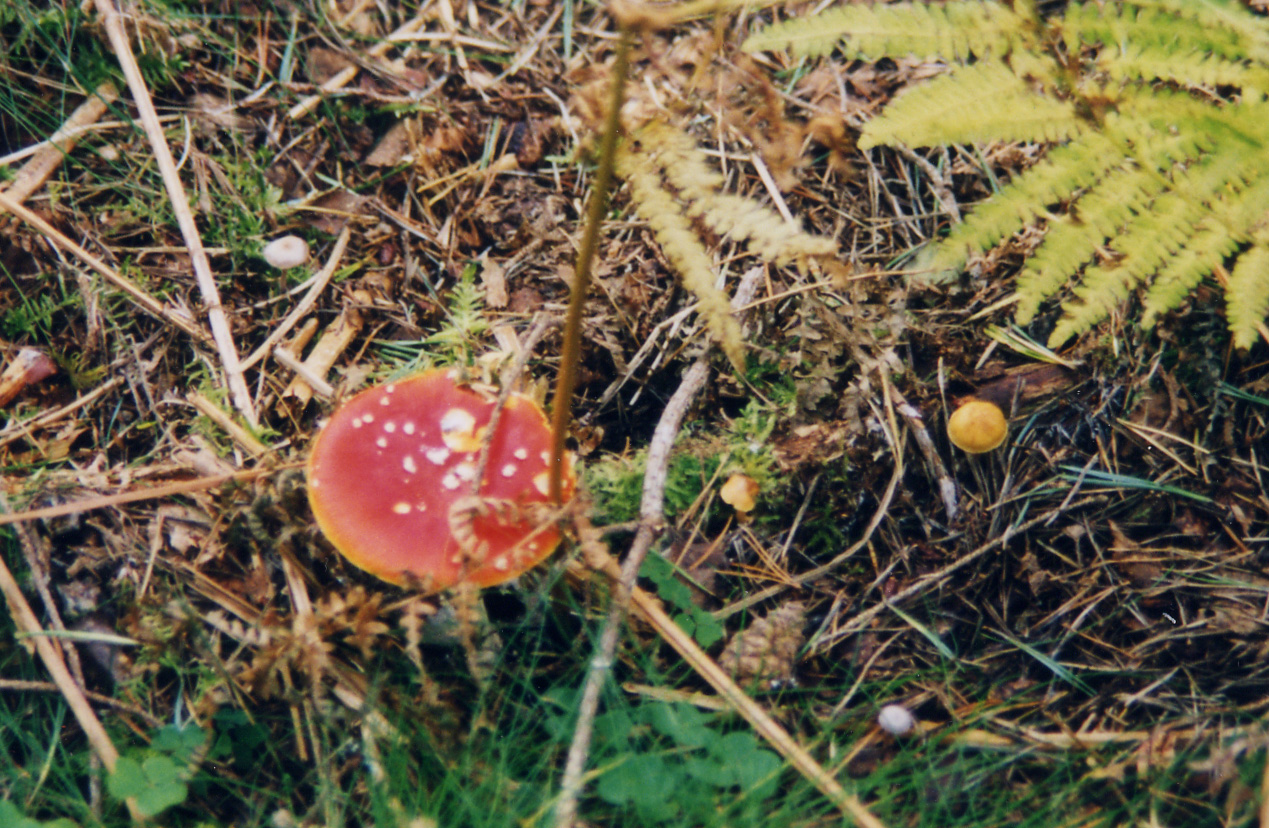Last week Kevin Vranes wrote an interesting post about “skeptics”. One of the things he brought out is that, depending on the context, “skeptic” can be an approving label (here’s someone who won’t be fooled by flim-flam) or a term of abuse (there’s someone who stubbornly refuses to acknowledge the facts of the matter). As well, Kevin notes that, especially when scientists are dealing with folks from outside the scientific community (e.g., journalists or politicians), terms like “skeptics” and “the mainstream” can be used to designate something like tribal memberships: here are the people that are worth listening to, and there are the people whose opinions can be dismissed.
I think the issue of labels is an important one, not only in scientist-lay person interactions, but also in scientist-on-scientist contexts. While I agree with Kevin that some labeling sets us on the path to intellectual laziness, there are instances where labels can actually be useful. The trick, as always, is to figure out just how much weight a label can carry for us and then not pile on any more than that.
Continue reading→
 It’s been raining here. A lot.
It’s been raining here. A lot.